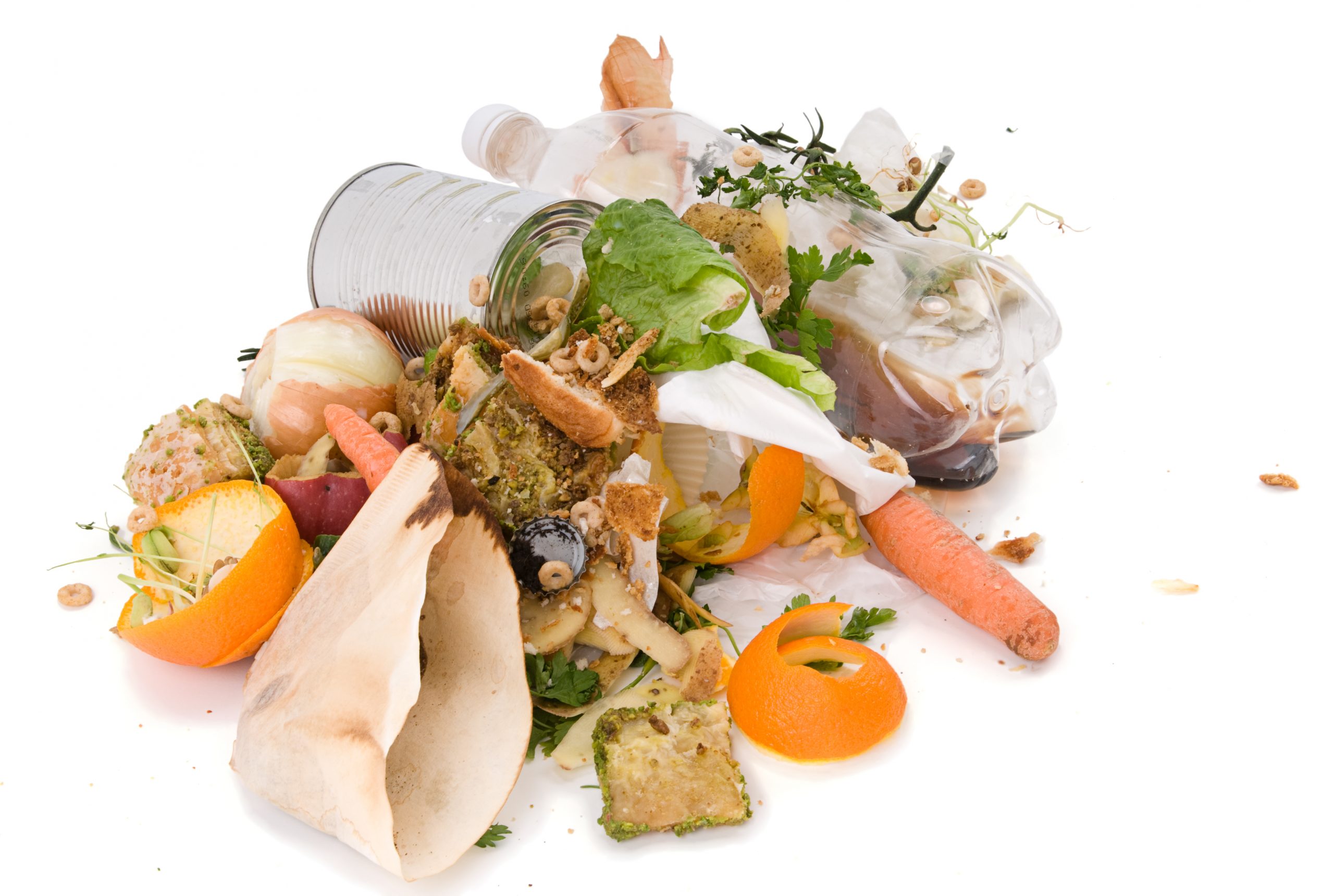The study was published that analyzes the effects of the impurities in the organic fraction of municipal waste on the compost quality of the composting plants of Catalonia. The study, commissioned by the Catalan Waste Agency (ARC) and carried out by ENT and the UPC , has published a report on the quality of compost of organic fraction of municipal waste in Catalonia.
The presence of impurities in selectively collected biowaste is one important factor affecting the quality of compost. Other factors include the type of treatment process, and the characteristics of the composting plants.
The analysis was based on a large database from the Catalan Waste Agency (ARC), which characterizes the selectively collected biowaste treated and the compost produced in 21 composting and anaerobic digestion plants from Catalonia between 2010 and 2014. Accordingly, a statistical analysis was carried out with the main objective of quantifying the effect of impurities, as well as other variables, in several parameters of compost quality. The latter included the presence of heavy metals, electrical conductivity, and compost maturity level. The study included the development of univariate and bivariate analysis and multiple regression models.
Based on the estimated regression models, several scenarios were developed with the main purpose of assessing the effect of potential variations of impurity levels on the selected parameters of compost quality.
One of the most significant results was the verification that the higher presence of impurities in selectively collected biowaste negatively affects all the parameters of assessed compost quality . This result is very relevant as it highlights the multiple effects of impurities in the quality of the final product. This finding helps motivate the necessary reduction of impurities found in the biowaste fraction.

